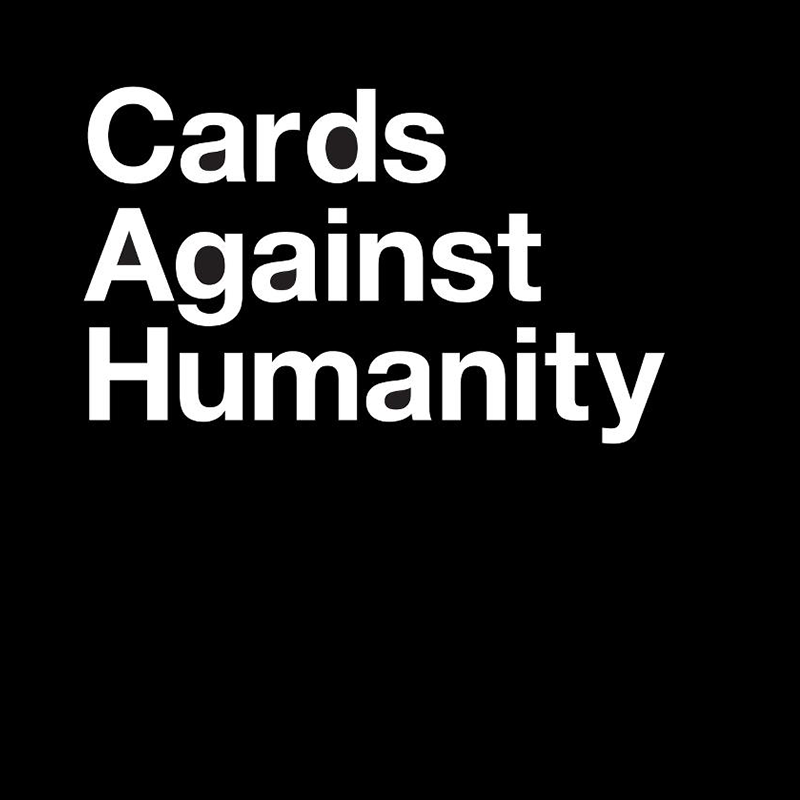Gaming and the Antisocial Myth, Debunked
When you think of people playing games, what pictures does it bring to mind? For many people with no understanding of gaming, it’s still a stereotype. They will often imagine the social recluse, hiding away in a bedroom, tapping furiously on a keyboard or controller. It’s a narrative that has existed ever since home computers became popular - and it doesn’t seem like it is going away at times.
I find this odd, I must admit. I've gamed my entire life and love to play alongside or against other people. After all, way back in 2008 a study into gaming found that three-quarters of all gamers played with other people either online or in person. This is objectively about as far from antisocial as it can get. But, here were are, eight years down the line and it’s still a view that many people have of gaming. I thought I would pull together some ideas to prove that, far from being a lonely activity, the community is very much part of the gaming experience.
The arcade
Back in the early days, most people only had the option of hitting their arcade if they wanted to play the latest games. And, while most games were only one or two players, it was still a social experience. In fact, arcades were home to all different kinds of groups, who often when on to form significant communities. There was a little too much competition at times, of course. But overall, ask anyone who remembers the early days and you will get a positive response.
Home PCs and consoles
It was only when home computers became widespread and consoles became popular that people started playing alone. Even then, that period didn’t last long. People would always look for multiplayer games, even before broadband made MMOGs possible. Now, of course, when you find the best games online, you'll tend to find thousands of other people playing them, too. It's a chance to connect with people from all over the world, make new friends, and join a community of like-minded others.
Board games
Don’t forget; gaming isn’t just about sitting in front of a screen and pushing some buttons. Board games are still relevant now as they have ever been. And these highly complex games are a lot of fun to play, and most rely on a group of people getting together. Even the mainstream success of games like Cards Against Humanity (which I personally love) could be used as evidence for the social benefits of gaming.
Roleplaying games
Another are to think about is role playing games. Again, the best RPGs involve a group of people coming together. RPGs rely on groups, and to think that makes players antisocial is pretty wide of the mark. In fact, the whole point of RPGs is that you come together as a group and try to solve a problem. It teaches you everything you need to know about teamwork - and a lot more besides.
The future...
Finally, let’s take a look at where games are going right now and into the future. A quick look at Pokemon Go’s success will reveal that social gaming is close to exploding. And I, for one, look forward to seeing what comes next.






